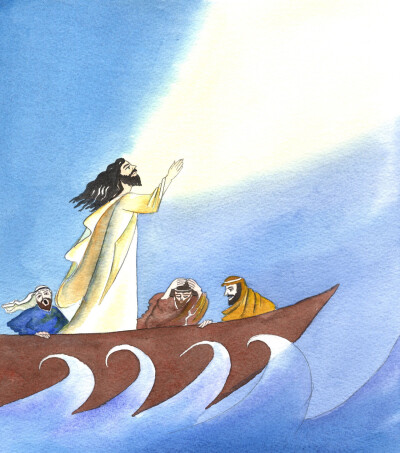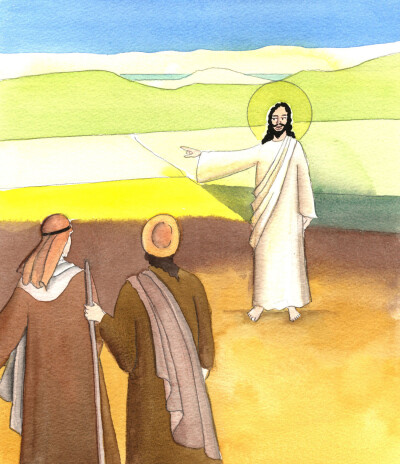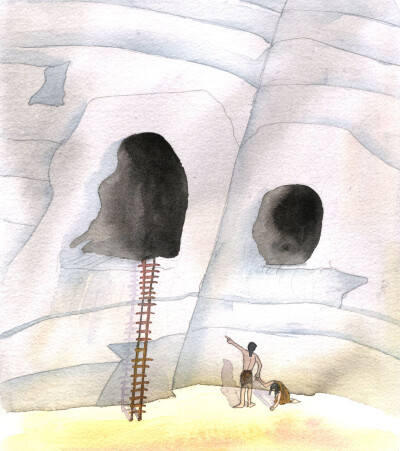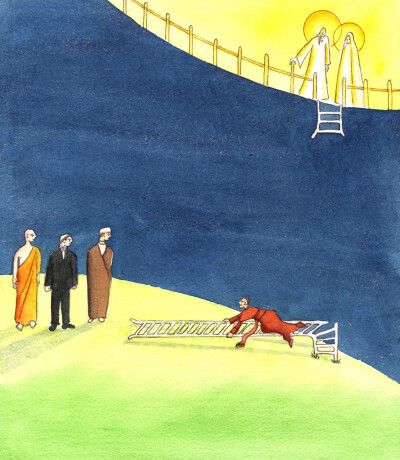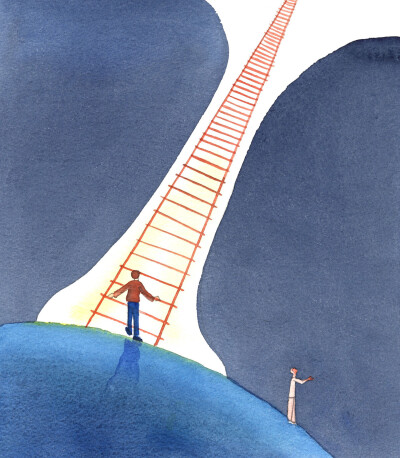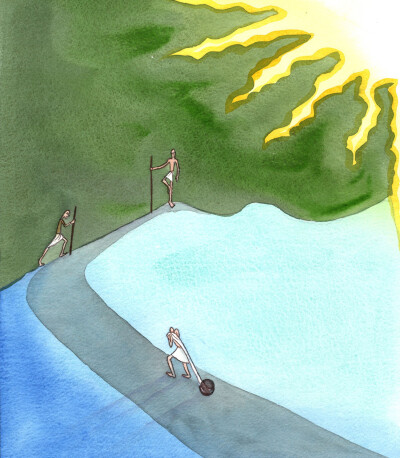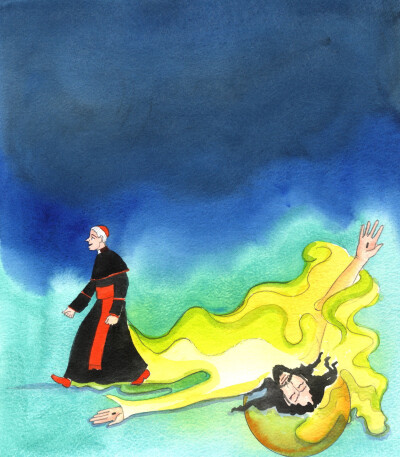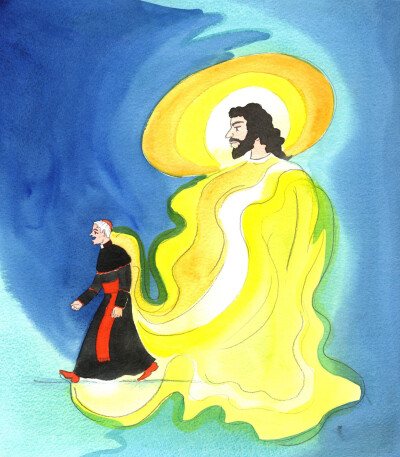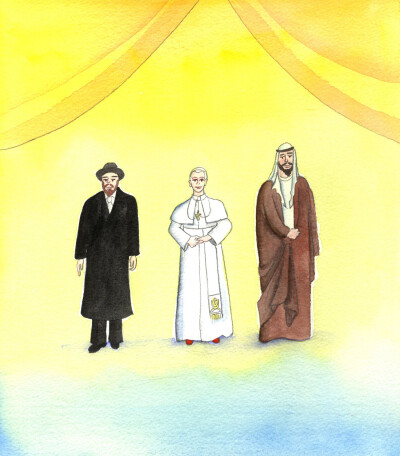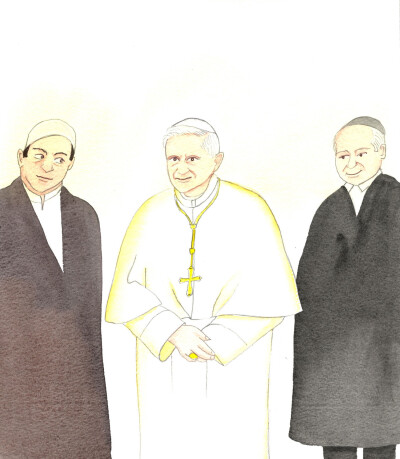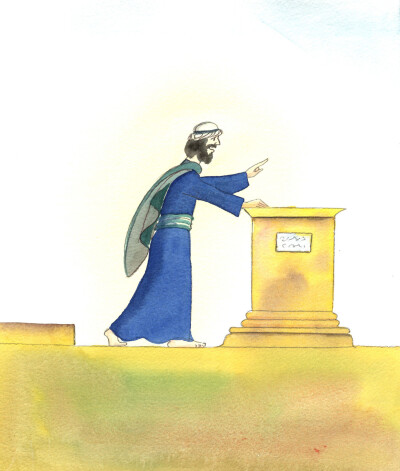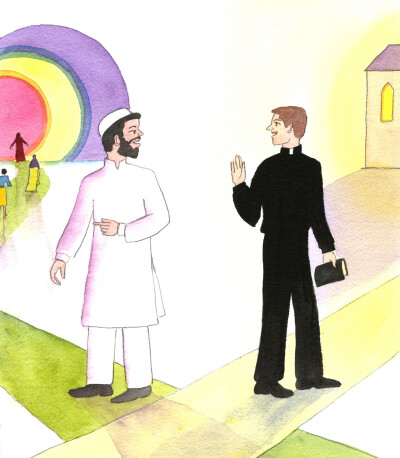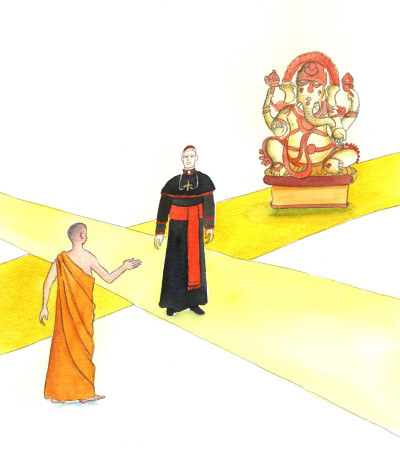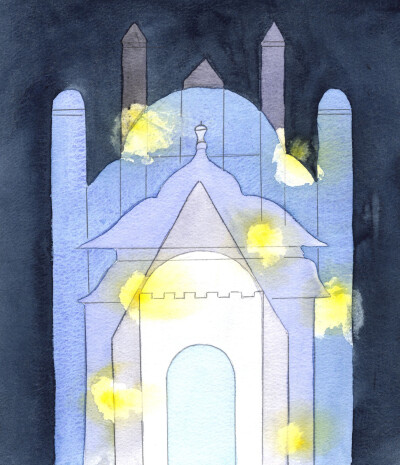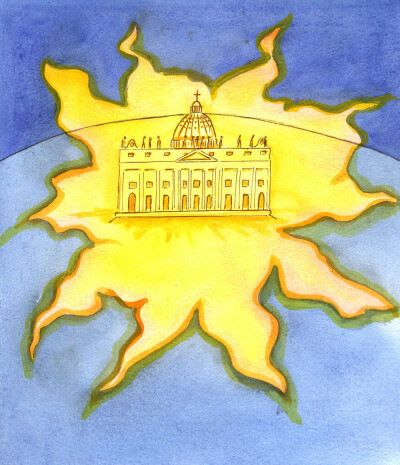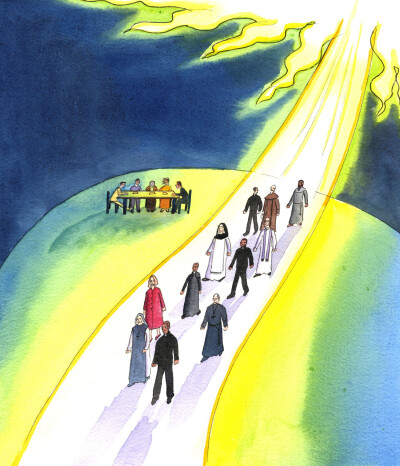Search Page
Showing 61 - 78 of 78
The Mass is unique because the One Who gave it to us, Christ, is unique, amongst founders of world religions. He was conceived of a virgin, claimed to be one with God the Father, proved His Origin by the healings of the sick, raising the dead to life, calming a storm - and by His rising-up from the grave, after being unjustly and cruelly put to death.
Christ told His followers: "Ask the Lord of the Harvest to send labourers to the Harvest". He did not say: "It doesn't matter if people don't hear about the Kingdom, or never hear about the importance of Baptism". Dialogue, today, with people of various religions must never be seen as a substitute for Evangelisation and Mission, which Christ always wants His people to undertake.
People in various places around the world are treated with routine cruelty, because of their ideology or type of religion. This is because the strong have power over the weak, for whom they have no respect. Life in those places is no better than life in the stone age, when the strong ruled the weak in a similar manner.
A Christian who deliberately leaves out the name of Christ, to join in mixed-religion or inter-faith prayer, and make himself acceptable to other people, is detaching himself from Heaven, for it is through Christ that he has access to Heaven and to the Father.
The prayers we offer in the name of Christ can be pictured as ascending to Heaven along the same channel in which faithful souls move, as they die and ascend to Heaven. We can have confidence in prayer, therefore, unlike those who do not believe in Christ and whose prayers are like cries uttered into a night sky, perhaps with little hope.
Union with God is only achieved in and through the Person of Jesus Christ, the Incarnate Son of God, and not through any self-chosen method of our own, whether arduous tasks or terrible penances.
When it is proposed, by organisers of what are called 'inter-faith' prayers, is that everyone pray together without mentioning names, and if a Catholic agrees not to pray 'through Christ our Lord', it's as if that Catholic denies Christ, steps out of the life of grace which was a privileged gift, and leaves Christ behind in order to please others. They would be more impressed, and he would please Christ, if he acted with integrity, and prayed as a Christian or not at all.
When it is proposed, by organisers of what are called 'inter-faith' prayers, that everyone pray together without mentioning names, and a Catholic agrees not to pray 'through Christ our Lord', it's as if that Catholic denies Christ, steps out of the life of grace which was a privileged gift, and leaves Christ behind in order to please others. They would be more impressed, and he would please Christ, if he acted with integrity, and prayed as a Christian or not at all.
We can look at Pope Benedict, to see a good example of how to relate to people of other religions. He is kind to everyone, and visits other buildings, but does not join in what is called "inter-faith" worship, which is a betrayal of Christian faith and practice, as is plain from the Scriptures and the constant teaching of the Church.
A Pope can set a good example for us, showing that it is possible to maintain good relations with people of other religions, even visiting their mosques and synagogues, yet without betraying Christ by engaging in what some people call 'inter-faith' prayer, in which some Christians leave out the Name of Christ as if embarrassed by Him.
St. Paul spoke, by the altar of the 'Unknown God'. Like St. Paul, we should admire the efforts of people of other religions to search for God; yet like him, we should seize opportunities of telling people who have never heard the good news, about what God has done for us, in love for us, through Jesus Christ, who came through Mary.
We must be faithful to the plain message of the Gospels, the Epistles, and the plain teaching of the Church through the ages. No Christian should take part in the worship of other religions, or make gestures that would be interpreted as being participation in such worship. God has shown us, through His Son, how to worship. We cannot abandon Christ and remain holy.
Especially in matters connected with other religions, every member of the clergy should be aware of the impact on others of his gestures as well as his words. If he acts in ways that confuse the faithful, or give wrong impressions to people who do not share the Catholic Faith, he is not fulfilling God's plan for his life and for his special vocation.
In all sorts of buildings where people gather to worship with those of the same beliefs, there can be found aspects of truth; yet the Truth that God the Father wants everyone to know is that His Son has been sent into our world, as man, to save sinners and to bring us to Eternal Life. Only in one place - the Catholic Church - is the Truth shown out in its fullness, and the full means of Salvation given.
Just as skiers might find themselves on a dangerous slope, so, we can find ourselves in spiritual danger through, for example, current wrong ideas about morality, or through worship with pagans, or through unholy behaviour in the home such as neglect of prayer, or self-indulgence or pornographic television viewing.
Christ asks all the members of His Church to love one another with a holy love. If we cannot do that, He asks, how can we possibly act with authentic, holy love towards people outside the Church, many of whom oppose our teachings, our plans, and our participation in the life of our community or country?
No-one in the Church should deny the importance of Missionary work. Those who revere Truth and love their fellow humans love to share the Truth about God's Love, made plain in Jesus Christ, our Saviour. There is a place for Dialogue with people of other religions; but if people called to evangelise are content to talk each time, without sharing the Faith, they have forgotten God's plan for their lives. They are foolish if they remain deaf to the Holy Spirit.
A Picture of a Faithful Diocese
A short piece of writing by Elizabeth Wang about how the Catholic faith can be lived and celebrated within a Faithful Diocese, and the responsibilities of all the faithful - and especially bishops - t…
Showing 61 - 78 of 78

